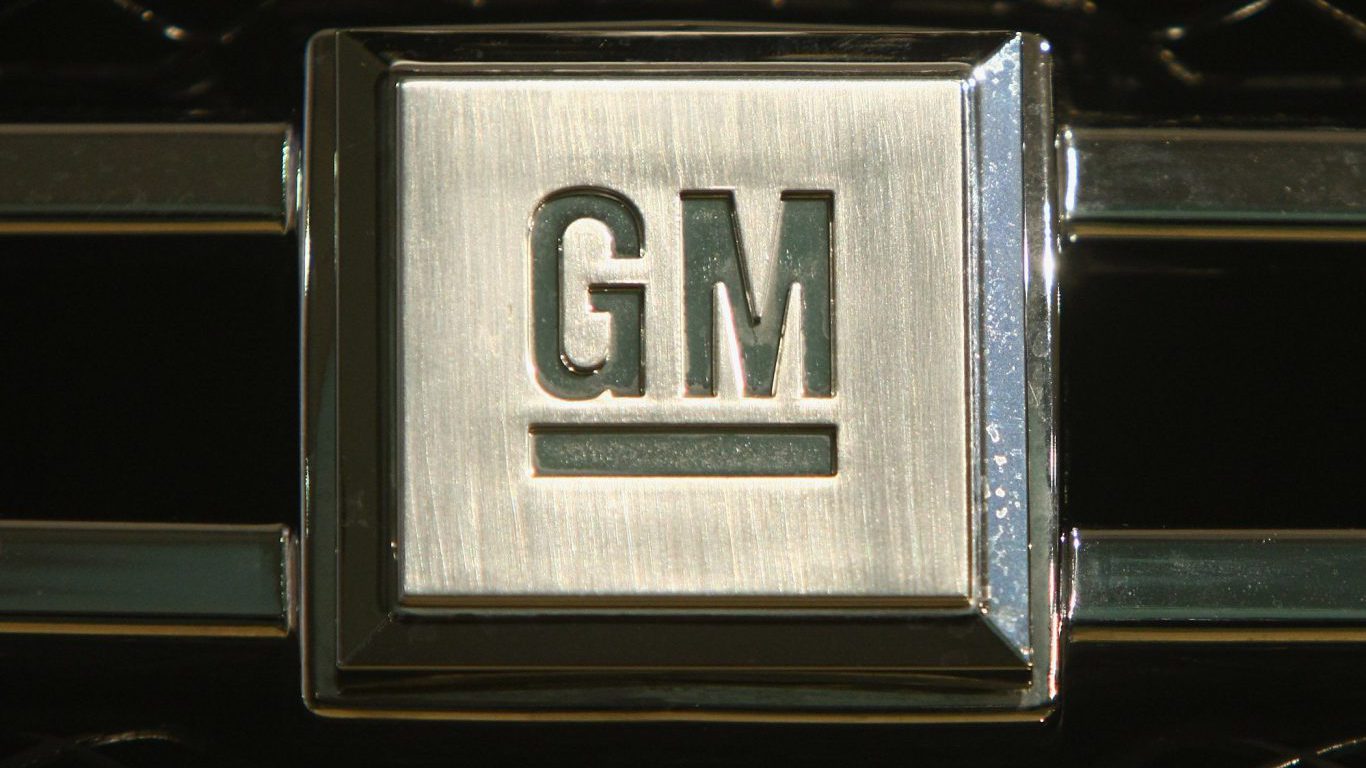Cars and Drivers
GM Suspends Dividend, Builds Cash Pile to Ward Off COVID-19 Effects

Published:

General Motors Co. (NYSE: GM) announced Monday that it is suspending its quarterly cash dividend $0.38 per share, suspending its share buyback program and taking other measures “to preserve near-term available cash.” The company is the last of the Detroit Three to call a halt to cash outlays like dividends and buybacks as automakers look to survive plummeting sales due to the coronavirus pandemic.
The company also said it has extended $3.6 billion under its three-year revolving credit agreement to 2022, complementing GM’s extension of a $2 billion 364-day revolver to April 2021.
GM’s chief financial officer, Dhivya Suryadevara, commented:
We continue to enhance our liquidity to help navigate the uncertainties in the global market created by this pandemic. Fortifying our cash position and strengthening our balance sheet will position the company to create value for all our stakeholders through this cycle.
Ford Motor Co. (NYSE: F) suspended its dividend in mid-March and withdrew its fiscal year guidance. Ford drew down all of its $13.4 billion corporate credit facility and $2 billion from a supplemental facility to pile up liquidity while its North American plants are closed. The dividend suspension alone could save Ford $2.4 billion in cash by the end of this year.
Fiat Chrysler Automobiles N.V. (NYSE: FCAU) has armed itself with more than $12 billion in cash, including a new $3.8 billion line of credit established at the end of March. The company paid a dividend of around $0.70 a share for the first time last year and has announced that it will delay a decision on a planned dividend for this year until a rescheduled annual meeting is held in late June. The company has also agreed to a merger with Peugeot that is still expected to be completed by the end of this year.
GM stock traded down about 1.3% early Monday to $21.66, in a 52-week range of $14.33 to $41.90. The stock’s 12-month price target is $34.18.
The average American spends $17,274 on debit cards a year, and it’s a HUGE mistake. First, debit cards don’t have the same fraud protections as credit cards. Once your money is gone, it’s gone. But more importantly you can actually get something back from this spending every time you swipe.
Issuers are handing out wild bonuses right now. With some you can earn up to 5% back on every purchase. That’s like getting a 5% discount on everything you buy!
Our top pick is kind of hard to imagine. Not only does it pay up to 5% back, it also includes a $200 cash back reward in the first six months, a 0% intro APR, and…. $0 annual fee. It’s quite literally free money for any one that uses a card regularly. Click here to learn more!
Flywheel Publishing has partnered with CardRatings to provide coverage of credit card products. Flywheel Publishing and CardRatings may receive a commission from card issuers.
Thank you for reading! Have some feedback for us?
Contact the 24/7 Wall St. editorial team.